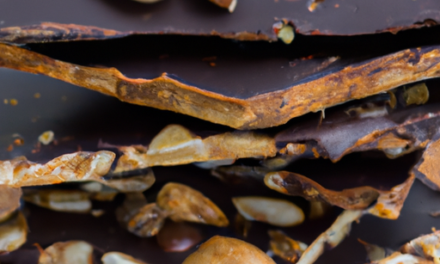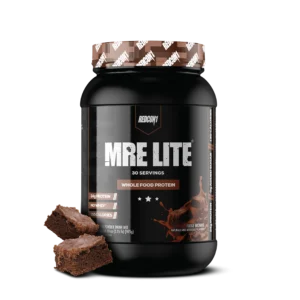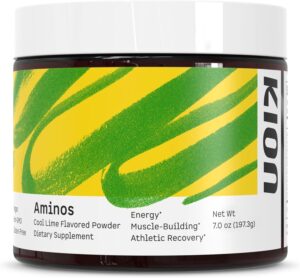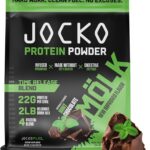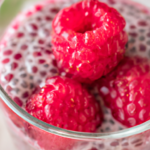
Foods That Cause the Most Inflammation in the Body

The Impact of Inflammation on Our Health
Inflammation is a natural response of our immune system to protect the body from harmful stimuli such as pathogens or injuries. However, when inflammation becomes chronic, it can lead to various health problems, including cardiovascular disease, diabetes, and autoimmune disorders. One major contributor to chronic inflammation is the food we consume on a daily basis.
Foods to Avoid for Decreasing Inflammation
To reduce inflammation in our system, it is essential to identify and eliminate or limit foods that cause inflammation. Here are some common culprits:
- Processed Foods: Highly processed foods, such as fast food, sugary snacks, and packaged meals, are often loaded with unhealthy fats, artificial additives, and refined sugars. These ingredients can trigger inflammation in the body.
- Trans Fats: Trans fats, commonly found in fried foods, margarine, and processed snacks, not only increase the risk of heart disease but also contribute to inflammation.
- Refined Carbohydrates: Foods like white bread, pasta, and pastries have a high glycemic index, causing a rapid increase in blood sugar levels. This spike in blood sugar triggers the release of inflammatory markers in the body.
- Red Meat: While lean cuts of meat can be a part of a healthy diet, consuming excessive amounts of red meat, particularly processed and charred meats, has been linked to increased inflammation.
- Alcohol: Excessive alcohol consumption can disrupt the gut microbiome, leading to increased intestinal permeability and inflammation. It is important to consume alcohol in moderation to minimize its inflammatory effects.
Foods to Include for Reducing Inflammation
On the other hand, incorporating anti-inflammatory foods into our diet can help combat inflammation and promote overall health. Here are some foods to consume more of:
- Fatty Fish: Rich in omega-3 fatty acids, fatty fish like salmon, mackerel, and sardines have potent anti-inflammatory properties. Aim to include these fish in your diet at least twice a week.
- Leafy Greens: Vegetables like spinach, kale, and Swiss chard are packed with antioxidants and phytochemicals that help reduce inflammation. Make sure to include a variety of leafy greens in your meals.
- Berries: Blueberries, strawberries, and raspberries are loaded with antioxidants that combat inflammation. Enjoy a handful of berries as a snack or add them to your breakfast bowl.
- Turmeric: The active compound in turmeric, called curcumin, has powerful anti-inflammatory properties. Add turmeric to your curries, smoothies, or even as a supplement.
- Extra Virgin Olive Oil: This heart-healthy oil contains oleocanthal, which has anti-inflammatory effects similar to ibuprofen. Use it as a dressing or for light cooking.
Conclusion
While chronic inflammation can have detrimental effects on our health, adopting an anti-inflammatory diet can help reduce inflammation and promote overall well-being. By avoiding processed foods, trans fats, refined carbohydrates, red meat, and excessive alcohol, and incorporating fatty fish, leafy greens, berries, turmeric, and extra virgin olive oil into our meals, we can take proactive steps towards managing inflammation in our bodies.





